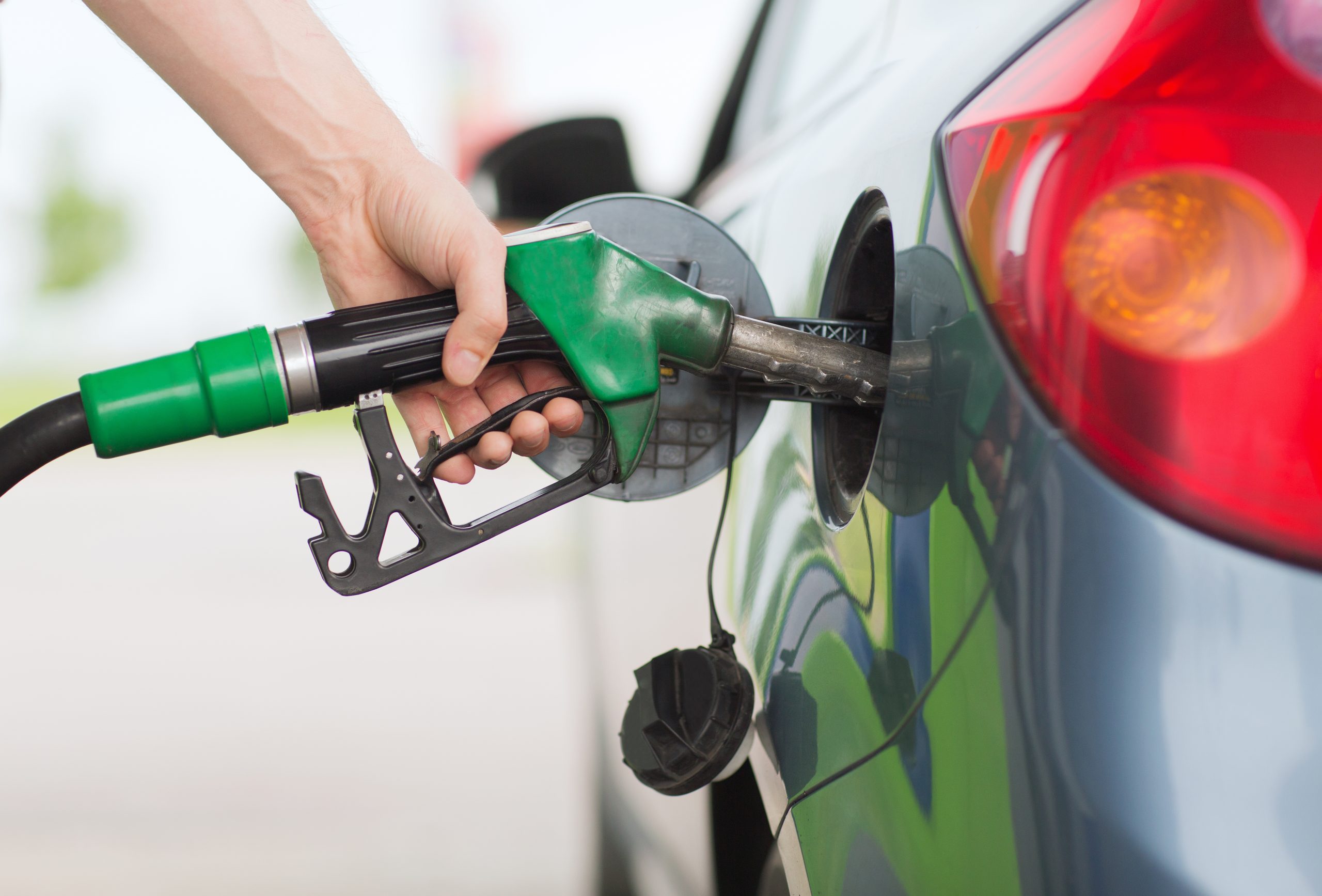Household Bills
Supermarkets urged to cut 5p off fuel to reflect lower wholesale costs

Supermarket forecourts should lower pump prices by 5p a litre to better reflect lower wholesale costs and support struggling drivers during the cost-of-living crisis.
The RAC said drivers are “being denied cheaper fuel” by the UK’s biggest retailers as they refuse to cut prices across forecourts.
It said supermarkets are currently enjoying margins of around 15p a litre on both petrol and diesel, while drivers are paying an average 160.96p a litre for petrol and 184.41ppl for diesel.
This is just 2p lower than the UK average of 163.24ppl for unleaded and 187.42ppl for diesel.
However, if supermarkets dropped their margins to 10p a litre on both fuels, drivers would pay around 152ppl for petrol and 173ppl for diesel – that’s 9p and 11p cheaper.
The RAC explained that the price of delivered wholesale unleaded hit 130ppl in mid-October while diesel rose to 158p. But they have come down considerably since then – petrol by 13p to 117p and diesel by 22p to 136p, suggesting this is a “shocking example of ‘rocket and feather’ pricing”.
“The biggest retailers haven’t been reducing their forecourt prices to the same extent,” the RAC said.
Instead, it noted that the average price of diesel bought at a supermarket has only fallen 3p a litre from 187.54p on Halloween to 184.41p while petrol has only gone down 4.4p from 165.36p to 160.96p.
‘Remarkable lack of competition’
RAC fuel spokesman, Simon Williams, said: “The supermarkets dominate UK fuel retailing, primarily because they have traditionally sold petrol and diesel at lower prices due to the large volumes they sell, but sadly there is now a remarkable lack of competition among the four main players which means prices are far higher than they should be.
“If one of the supermarkets were to lead a round of price cuts, the others would follow suit which, in turn, would bring the average price of fuel down for the benefit of drivers everywhere. As it stands, there are smaller, independent forecourts offering more competitive prices than supermarkets, so drivers should shop around.”
Williams added that Asda has traditionally been the “most aggressive” supermarket on fuel prices, but while it’s still the cheapest of the big four, it seems far less keen to lower prices in a falling wholesale market than it has been in the past.
He said: “We urge the supermarkets to do the right thing by their customers and cut prices by at least 5p a litre immediately. But, if events of this time last year are anything to go by drivers might be in for some pre-Christmas disappointment because despite similar margins in 2021 the supermarkets failed to cut their prices significantly. The big difference this year, of course, is that petrol is on average 16p a litre more expensive (147.27p on 18 November 2021) and diesel is an unbelievable 37p dearer (150.66p on 18 November 2021).”